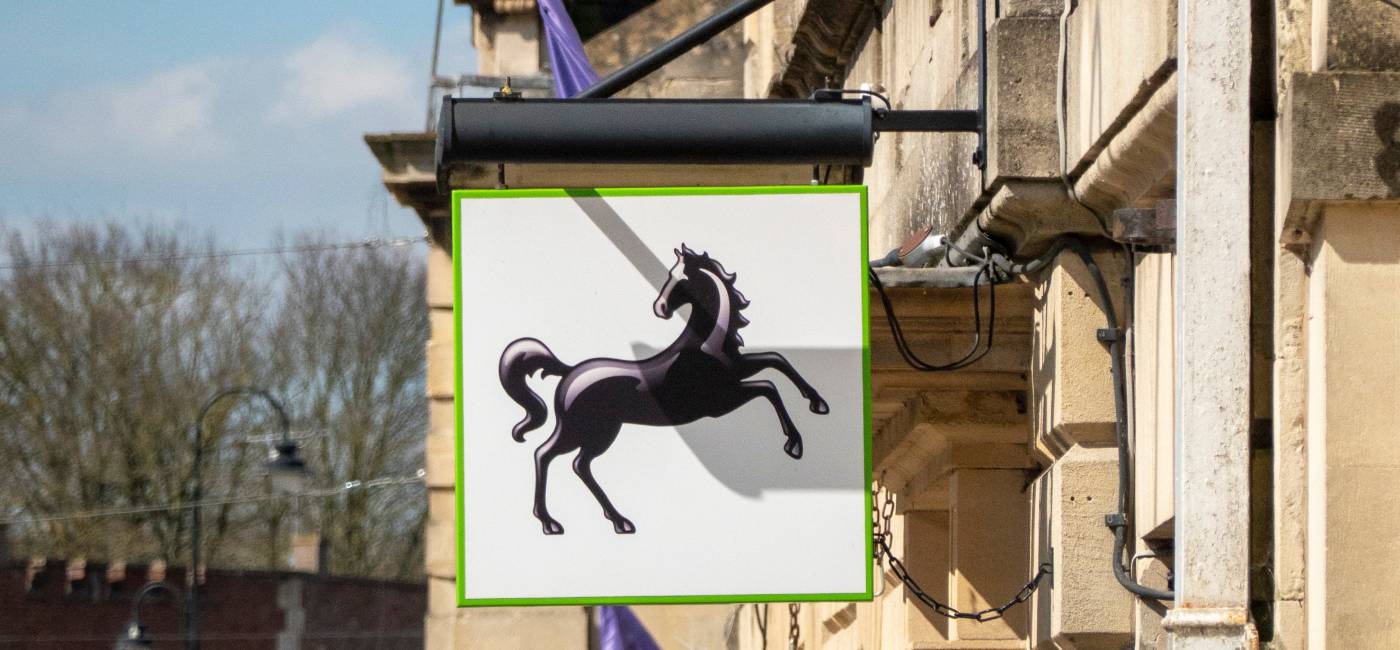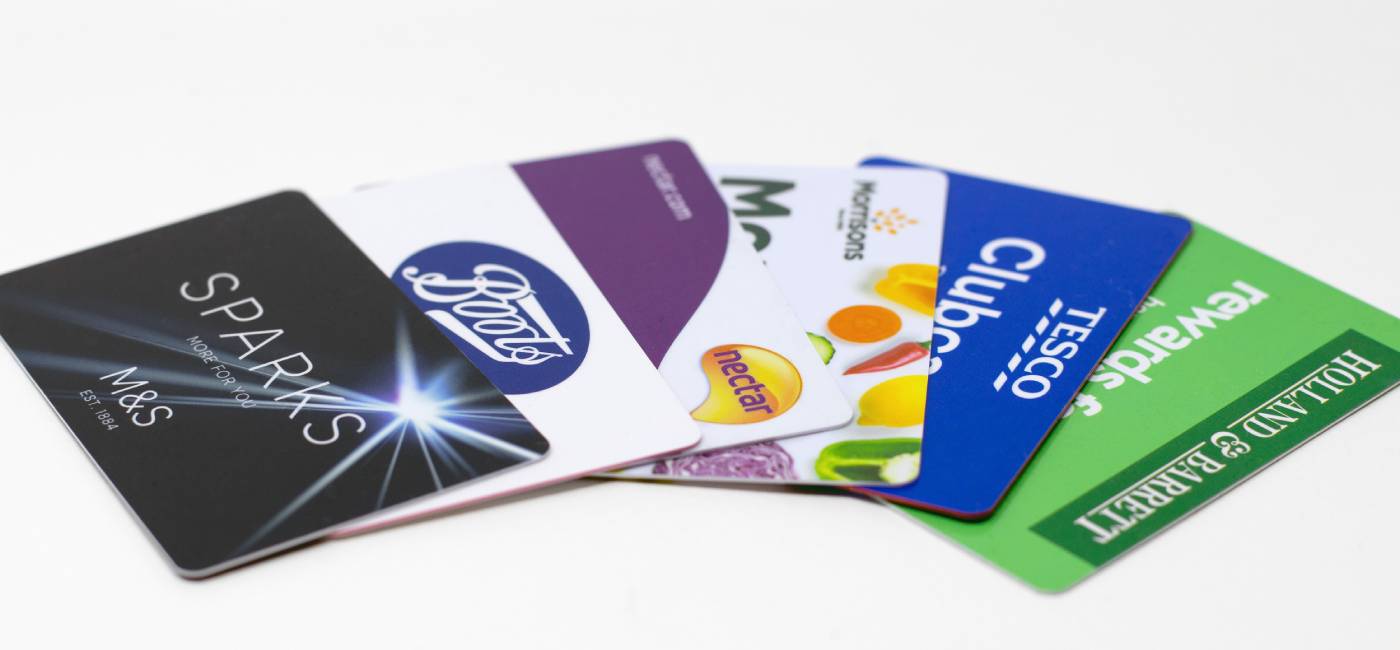

This article is for general guidance only and is not financial or professional advice. Any links are for your own information, and do not constitute any form of recommendation by Saga. You should not solely rely on this information to make any decisions, and consider seeking independent professional advice. All figures and information in this article are correct at the time of publishing, but laws, entitlements, tax treatments and allowances may change in the future.
If your loved ones will need to pay inheritance tax when you die, giving money away while you’re still alive can be a helpful way of reducing the bill they’ll eventually face. Not only does it mean your family gets the full benefit of your money when they need it, you get to see them enjoy it too.
There are several allowances that allow you to give away your wealth tax-effectively, such as the £3,000 annual gifting allowance and tax-free wedding gifts. It’s possible to give away larger sums tax-free too, if you live for a further seven years.
But one particularly helpful allowance that gets used far less often is the ‘normal expenditure out of income’ exemption. According to a Freedom of Information request from the Daily Telegraph, in 2022/23 the exemption was successfully used by just 270 families.
What’s on this page?
While there are limits on the lump sums you can give away, you can actually give away as much spare income as you like tax-free.
Roger Clarke, a partner at chartered financial planners The Private Office, says: “Most people are aware of a few of the normal exemptions (such as the £3,000 per year allowance) and most of these represent very small monetary amounts. However, the gifts out of normal expenditure rules can, theoretically, allow some people to make extremely large gifts which will qualify for exemption, and there is no upper limit.”
For gifts to qualify for the exemption, three conditions need to be met:
1. The gifts must form part of normal expenditure. In other words, there needs to be a regular gifting pattern (so one-off gifts would not normally qualify).
2. The gifts must be made out of normal income. Income, for this purpose, can include pension income (including pension drawdown), rental income, dividend income and interest. But it can’t come from investment bond withdrawals, as those are deemed to be capital returns (even though they are subject to income tax).
3. The gifts, when made, must not prevent the person making the gift (the donor) from maintaining their usual standard of living.
If you’re in the fortunate position of having a healthy current account balance and an IHT liability, spending that money on loved ones may be worth considering. Jonathan Halberda, a specialist financial adviser at Wesleyan Financial Services, says: “For those later on in life, we’re seeing people increasingly using regular gifts for things like school and university fees for grandchildren, annual memberships, and even wellness-related expenses like private healthcare.”
Ian Dyall, head of estate planning at Evelyn Partners has seen similar trends. “One widespread strategy in some families at the moment is for grandparents to help out specifically with school fees. This might be just because they want to help their adult children at a time when VAT has just been imposed on school fees – but it could also have the benefit of reducing IHT liability, possibly by using the normal expenditure from income exemption."
If you’ve not got any regular expenses in mind, another way to take advantage of the exemption is to help build a nest egg for a grandchild by making regular payments into a savings or investment account for them.

The regular gifts from surplus income exemption is a generous allowance which enables some people to take a lot of money out of their estate. That also means that regular gifts could come under close scrutiny from HMRC. Our experts warn that HMRC will want to be confident that you did not raid capital to make the gifts and that your standard of living was not impacted as a result.
“The rules must be clearly understood and followed,” says Dyall. “Otherwise the gifter (or possibly their beneficiaries after death) could end up in a tussle with HMRC – in which case it would cease to be effective, but rather burdensome.”
So careful record-keeping is essential. Halberda says: “You should be prepared to show that the gifts are truly regular – whether that’s on a monthly, quarterly, or annual basis. And you need to be ready to show that these gifts don’t impact your normal lifestyle.
Keeping a clear record of your full income and expenditure is crucial for this. He adds: “A simple spreadsheet tracking the dates of gifts, alongside bank statements and a signed letter explaining your intentions to the recipient are all good to have.”
After you have died, your executor will need to provide HMRC with details of all the gifts you have made by completing the form IHT403. Page eight shows the level of detail it will need for this type of gift to meet its criteria.
However, while it’s important to keep records to get gifts over the line, Dyall notes there is some room for interpretation within HMRC’s guidance. “There is no defined period for the length or the pattern of gifting in order to satisfy the condition. Where the commitment or pattern is not clear cut, HMRC will typically look at a period of three to four years to establish a regular pattern of gifting.”
He adds: “Gifts do not have to be made to the same recipient every year, provided they are paid to recipients within the same class, for example children or grandchildren. The amount of the gifts will typically be of comparable size, but where an exceptional gift is made, the exemption may still apply up to the value of the previous gifts, with the excess falling outside of the exemption.”
Although the regular gifting allowance is currently underused, some experts are expecting it to become more popular in the wake of the government’s decision to make pensions subject to IHT from April 2027.
Clarke notes: “As the most recent budget closed off yet another avenue of IHT efficiency (pension plans being exempt) we are seeing more interest in this area and we are raising our clients’ awareness of the subject.”
Before you embark on any form of gifting it’s important to seek professional advice. Dyall says: “One risk that people need to consider when gifting – particularly if they are focused on the tax question – is running out of money for themselves. And a second risk is that they might not like – especially in the case of financial or property gifts – how the gift is used, or where it ends up (in the case of a divorce, for instance).”
A financial adviser who specialises in estate planning will be able to help you, firstly, work out how much money you can afford to give away and, secondly, how to do it in a way that addresses any of the concerns you will understandably have.
Halberda adds: “No matter the size, we’ve seen people who use the allowance gain real fulfilment from being able to see their loved ones benefit from their generosity. For those unsure about how best to plan or make gifts from surplus income, we advise speaking with family and friends to find out what would best help them, before speaking with a financial adviser to assess how the gifting can be done in the best way for your financial circumstances.”


Learn how to make a good password and store it safely.

As more branches close, find out whether it's worth considering an online bank

From the choice of investments to charges and service, we explain the key things to consider

The UK’s top loyalty schemes, from Tesco and Asda to M&S Sparks and MyWaitrose.